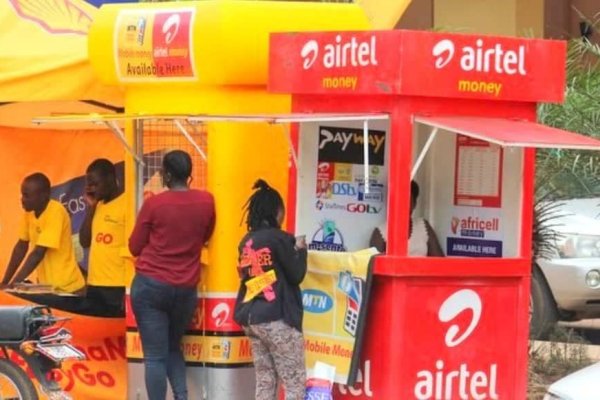E-levy debate: Plug up loopholes to shore revenue administration-Dr.Ali Nakyea to Gov’t
According to him, this is the most effective way for the Government to raise revenue for development.

A Tax Expert and Lecturer at the University of Ghana School of Law, Dr. Abdallah Ali Nakyea has suggested the plugging of loopholes for tax avoidance by companies to enhance revenue mobilization by the Government.
According to him, this is the most effective way for the Government to raise revenue for development.
Speaking at a virtual joint meeting organized by the Rotary Club of Spintex on the topic: E-LEVY-THE WHAT, THE WHY AND THE HOW, he noted that recovery of funds detailed in the Auditor General’s report and plugging of loopholes by the GRA alone have proven to be ways to shore up revenue mobilization.
“There is the need to plug any loopholes and leakages of revenue to enhance revenue mobilization. Recovery of funds as detailed in the Auditor General’s reports can also shore up revenue mobilization as well as plug loopholes.”
“The GRA exceeded its 2021 target of GHC57,055 billion by GH265.39 million as they collected GHC57.32 billion. The GRA indicated this was achieved as a result of plugging the loopholes for tax avoidance by some multinationals in the extractive sector, the deployment of digital and specialized monitoring platforms for tax collection, etc.,” he noted.
Moreover, Dr.Nakyea indicated that the impact that the Electronic Transaction levy portends may far outweigh the purported and unlikely revenue envisaged by policymakers.
Additionally, he noted that with the steady growth of digitization, mobile money transactions, as well as other digital payment systems, can only increase with the introduction of the levy.
On the rate of the Electronic Transaction Levy, Dr. Nakyea suggested that a starting rate of between 0.5% and 1% could be considered.
“For a start, a rate of between 0.5% and 1% could be considered. This is because most of the countries with a rate above 1% have the rate applied on the service fees, whereas those with a rate between 0.2% to 0.5% have it on the value of the transaction.”


